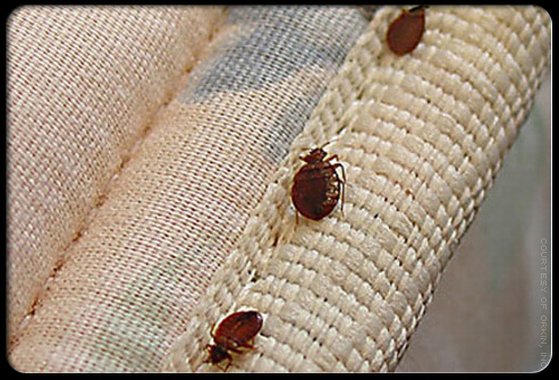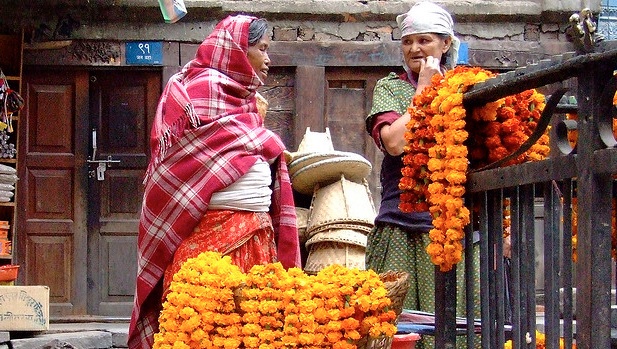About a hundred years ago, large swamps of areas in the Middle East were teaming with malaria –– including Israel. The British of course enjoyed their gin and tonic, with ingredients in the tonic staving off the disease caused by a parasite carried by mosquitoes.
Malaria is not a great disease to get and its symptoms can remain dormant until the effects have set in. In humans, malaria can cause respiratory distress, kidney and liver failure, and can lead to heart problems. Some early symptoms include muscle weakness.
So you are travelling to the Middle East or maybe further East and you want to know if you need to take an anti-malarial? I travelled to India last year and after consulting a doctor who heads a transmissible disease clinic at a Tel Aviv hospital, he advised me to not take anti-malarials. This advice comes from his own experience and as a frequent traveller himself, he knew where we were going in India, to Goa, was not a common place for malaria. My parents, on the other hand, getting advice from Canadian doctors, further away and perhaps more conservative, told them to take the drugs, which also have side-effects.
If you are travelling to the Middle East or North Africa, the risk of malaria is quite low, except perhaps in some areas of Saudi Arabia (links to PDF). According to the report, published in 2016, “There have been no reports of malaria in Iraq since 2009. The Asir region of Saudi Arabia is endemic for malaria, although in 2014, 46 imported cases were detected in Saudi kingdom…during late 2011 over 600 patients were detected as malaria positive in Abu Dabi, UAE, most of which came from Pakistan, India and Sudan. Malaria cases have sharply decreased in Syria from 2000 to 2010, and nearly no cases have reported in 2012. There has been continued presence of imported malaria in Jordan, mainly from East Africa (Sudan and Eritrea) and South East Asia.

So the main worry for malaria seems to be coming from places where an abundance of foreign workers are bringing it with them.
If you opt to get the vaccine, and wish to buy it on your own for a lower cost than the local pharmacy and you want the new oral dose then try The Independent Pharmacy. You need to start taking the medication in advance to your travels and may still need vaccinations that require an injection until the new anti-malarial vaccines on the market.
Children will need extra care and consideration when travelling to foreign countries, and besides malarial, other diseases and viruses can be carried by mosquitoes. While we opted to not vaccinate for malaria in Goa, India, we made sure that the kids were constantly taken indoors when the sun was setting and we applied natural mosquito repellent on them as well, at all times after dark when they were out.

Bed bugs
We also made sure that we rented a house with screens on the windows. If you are concerned about that, pack along a light-weight mosquito net or plan to buy one at your destination country. Mosquitos are not only a nuisance when going to sleep, they can carry some nasty diseases with them as well. Protecting yourself with netting can also keep other bugs at bay, like kissing bugs.

